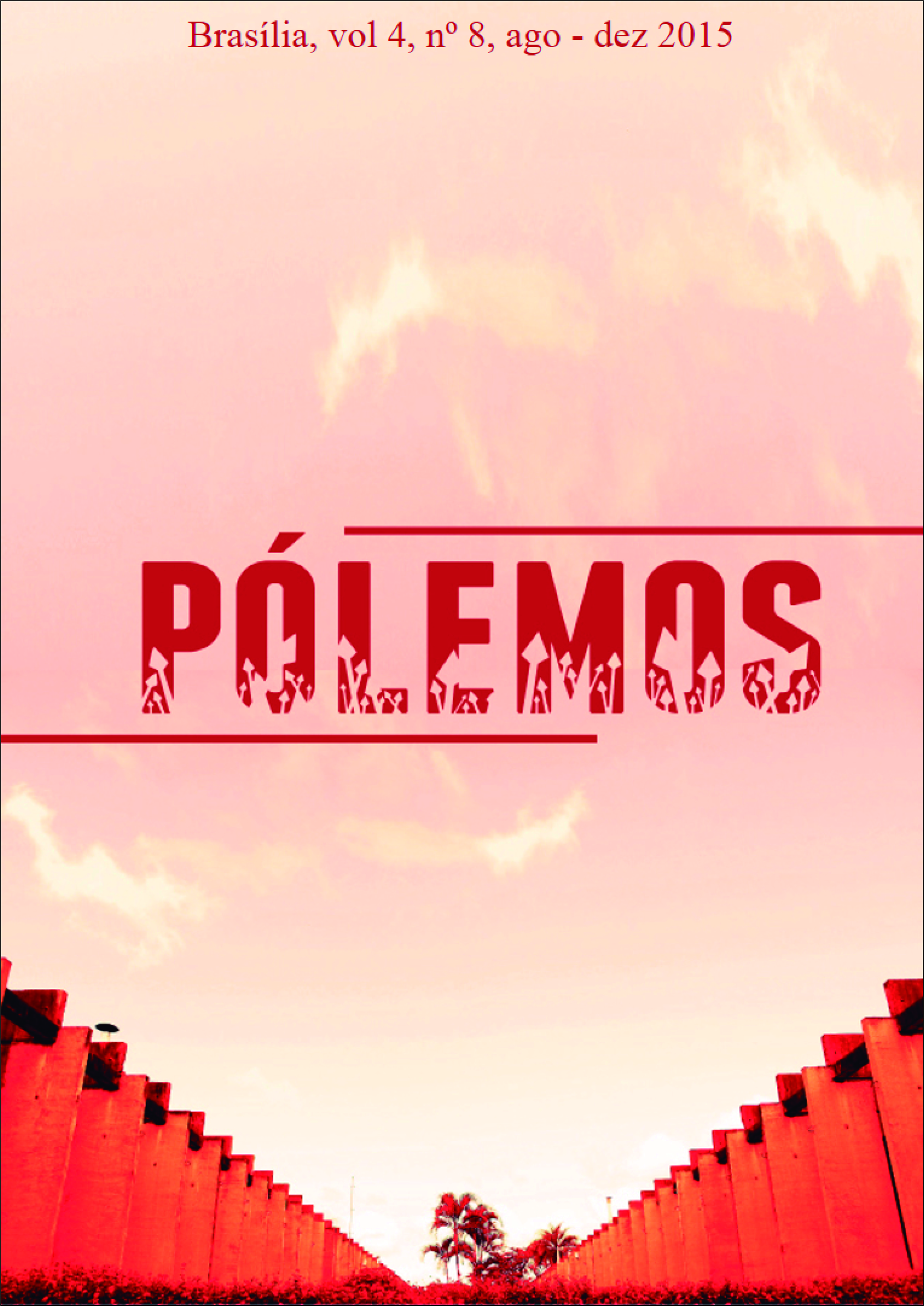THE FORMATION FOR THE PHILOSOPHY EDUCATION 2004-2014
ten years after the struggles for conquests, what will be the "new" challenges?
DOI:
https://doi.org/10.26512/pl.v4i8.11700Keywords:
Philosophy education. Teachers training. High schools.Abstract
This article aims to reflect on the past decade discussions about Philosophy education and the philosopher-teachers training in High schools. This work has as its starting point an assessment made in 2004, beginning two years before the opinion of CNE 2006/4 (on July 7, 2006) which brought the requirement of the presence of Philosophy and Sociology as compulsory subjects in all curriculum of High School all over the country. Working with the debates emerged from that initial period (2004-2006) we tried to understand its developments until the approval of the law 11,683 of June 2nd 2008, which made the teaching of Sociology and Philosophy subjects mandatory indeed; and in the later moments, with the consolidation of achievements and test responses to new challenges of education. For this, we use as a theoretical reference the History of This Time working with some official documents, articles, news and websites Forums about Philosophy and from ANPOF.Downloads
References
AREND, Silvia Maria Fávero e MACEDO, Fábio. Sobre a história do tempo presente: Entrevista com o historiador Henry Rousso.Tempo e Argumento. Revista do PPG em História. Florianópolis, v. 1, n. 1, p. 201-216 jan. / jun. 2009.
BOURDIEU, Pierre. A distinção: crítica social do julgamento. São Paulo: Edusp; Porto Alegre, RS: Zouk, 2007.
COSTA, Alexandre. Heráclito: Fragmentos Contextualizados. Tradução, apresentação e comentários por Alexandre Costa. Rio de Janeiro: Diefel, 2002.
CUNHA, Luís Antônio. O desenvolvimento meandroso da Educação Brasileira entre o Estado e o mercado.Educ. Soc., Campinas, vol. 28, n. 100 - Especial, p. 809-829, out. 2 0 0 7 . D i s p o n í v e l e m : http://www.cedes.unicamp.br
DAYRELL, Juarez. A escola “faz” as juventudes? Reflexões em torno da socialização juvenil. Educ. Soc., Campinas, vol. 28, n. 100 - Especial, p. 1105-1128, out. 2007.
DINIZ PEREIRA, Júlio Emílio. O ovo ou a galinha: a crise da profissão docente e a aparente falta de perspectiva para a educação brasileira. Revista Brasileira de Estudos Pedagógicos, Brasília v.32; n 230, jan. abr. 2011, p.34-51.
EPICURO. Carta sobre a Felicidade (a Meneceu). Trad. Álvaro Lorencini e Enzo del Carratore. São Paulo: Editora da Unesp, 2002.
TRENTIN, Renê e GOTO, Roberto. (orgs.). A filosofia e seu ensino. Caminhos e sentidos. Edições Loyola, São Paulo, 2009.
ALVES, Dalton José. Cap. 2 - O ensino de Filosofia na educação escolar brasileira: conquistas e novos desafios.In:A filosofia e seu ensino. Caminhos e sentidos. Edições Loyola, São Paulo, 2009.
SILVEIRA, Rêne José Trentin. Cap. 3 - F i l o s o f i a e s e g u r a n ç a n a c i o n a l : o afastamento da Filosofia do currículo do ensino médio no contexto do regime civil-militar pós-1964. In:. A filosofia e seu ensino. Caminhos e sentidos. Edições Loyola, São Paulo, 2009.
RODRIGO, Lídia Maria. Cap. 4- O filósofo e o professor de Filosofia: práticas em comparação.In:A filosofia e seu ensino. Caminhos e sentidos. Edições Loyola, São Paulo, 2009.
Downloads
Published
How to Cite
Issue
Section
License
Copyright (c) 2016 Pólemos

This work is licensed under a Creative Commons Attribution-NonCommercial-NoDerivatives 4.0 International License.
Todos os trabalhos que forem aceitos para publicação, após o devido processo avaliativo, serão publicados sob uma licença Creative Commons, na modalidade Attribution-NonCommercial-NoDerivatives 4.0 International Public License (CC BY-NC-ND 4.0). Esta licença permite que qualquer pessoa copie e distribua a obra total e derivadas criadas a partir dela, desde que seja dado crédito (atribuição) ao autor / Ã autora / aos autores / às autoras.


